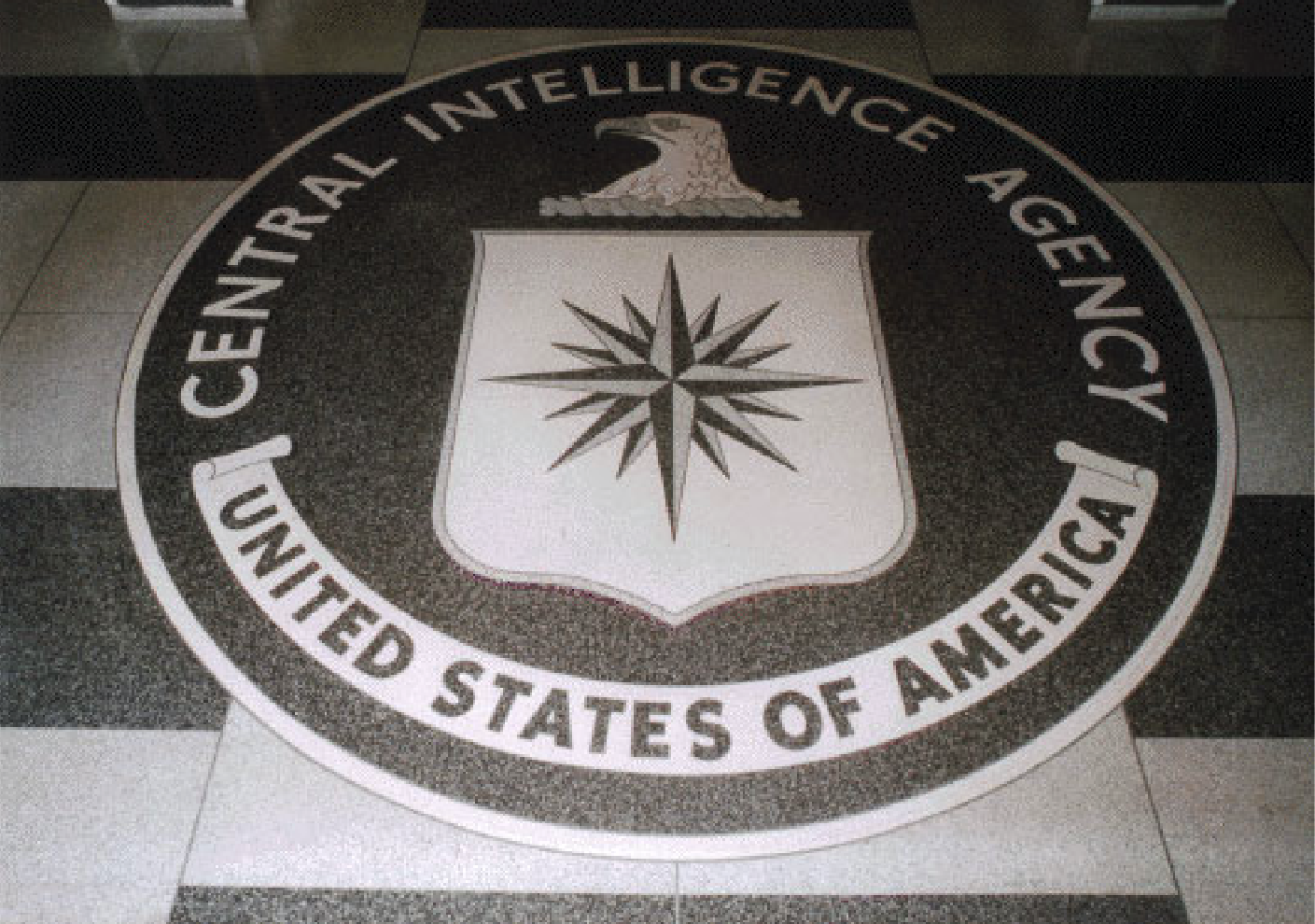The CIA ‘Can Neither Confirm Nor Deny’ That It Notified Congress of the Soleimani Strikes
The CIA said it could neither confirm not deny whether it had records of legal analyses or congressional notifications regarding the January attack that killed a top Iranian general.

It may be hard to believe that it was just over four months ago that Americans were reeling from the sudden news about the surprise drone strike that killed a top Iranian commander. Many worried that the Jan. 2 killing of Maj. Gen. Qassem Soleimani was not only a dangerous escalation of U.S.-Iranian tensions, but that the attack — undertaken without notifying Congress — was a signal that President Donald Trump believed he could take the nation to war without authorization from the legislative branch.
American Oversight has been investigating the Trump administration’s foreign policy toward Iran and whether it has laid legal groundwork for armed conflict, and in January we filed a set of Freedom of Information Act requests for records related to the Soleimani strike, specifically for any records of congressional notifications about the strike or any analyses of its legality. Recently, the CIA finally gave a response, albeit a confounding one.
The CIA said it could “neither confirm nor deny the existence or nonexistence” of such records, what is also known as a “Glomar” response. Such a response is, of course, even less transparent than providing redacted documents, or even saying that the records are being withheld in full, and is all the more perplexing considering what is already publicly known.
Besides the fact that the drone strikes were officially acknowledged by the Trump administration, the White House also officially notified Congress of the action (albeit two days after the strike). CIA Director Gina Haspel was herself on Capitol Hill to brief lawmakers on Jan. 8. While our FOIA requests include a cut-off date of Jan. 7, it would be highly unlikely that the agency had not sent any notification to Congress before Haspel’s briefing. Moreover, a lack of legal analyses of the strike would certainly be a dereliction of responsibility, making the CIA’s Glomar response even odder — and potentially more troubling — than a “withheld in full” response would have been. (If the CIA had conducted preliminary legal analyses before the date range requested in our FOIAs, it seems highly probable that they would have revisited these analyses in light of the administration’s claims of escalating threats.)
The coronavirus pandemic and the Trump administration’s bungled response to it has turned significant attention away from the alarming increase in hostility between the U.S. and Iran, but questions remain about whether the administration had been making preparations for further escalation — and whether its sidelining of Congress reflects a contempt for Congress’s constitutionally delegated war powers.